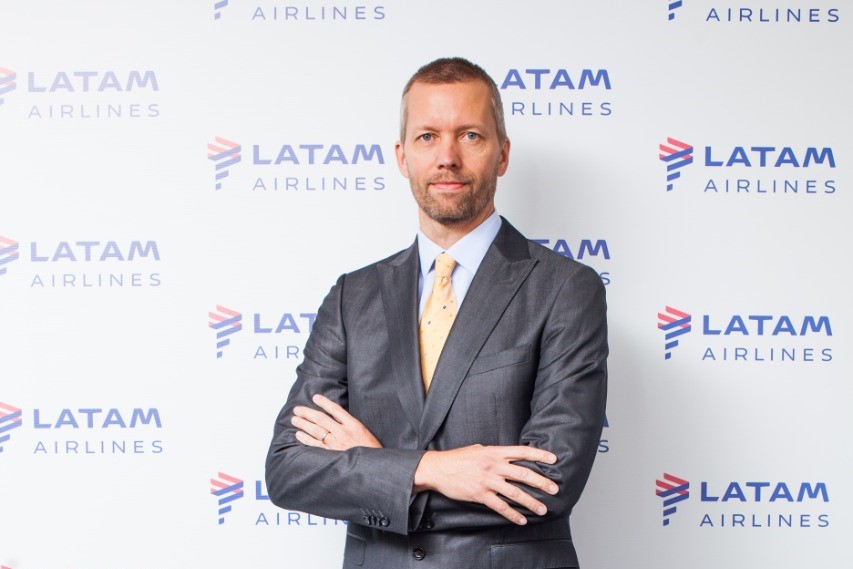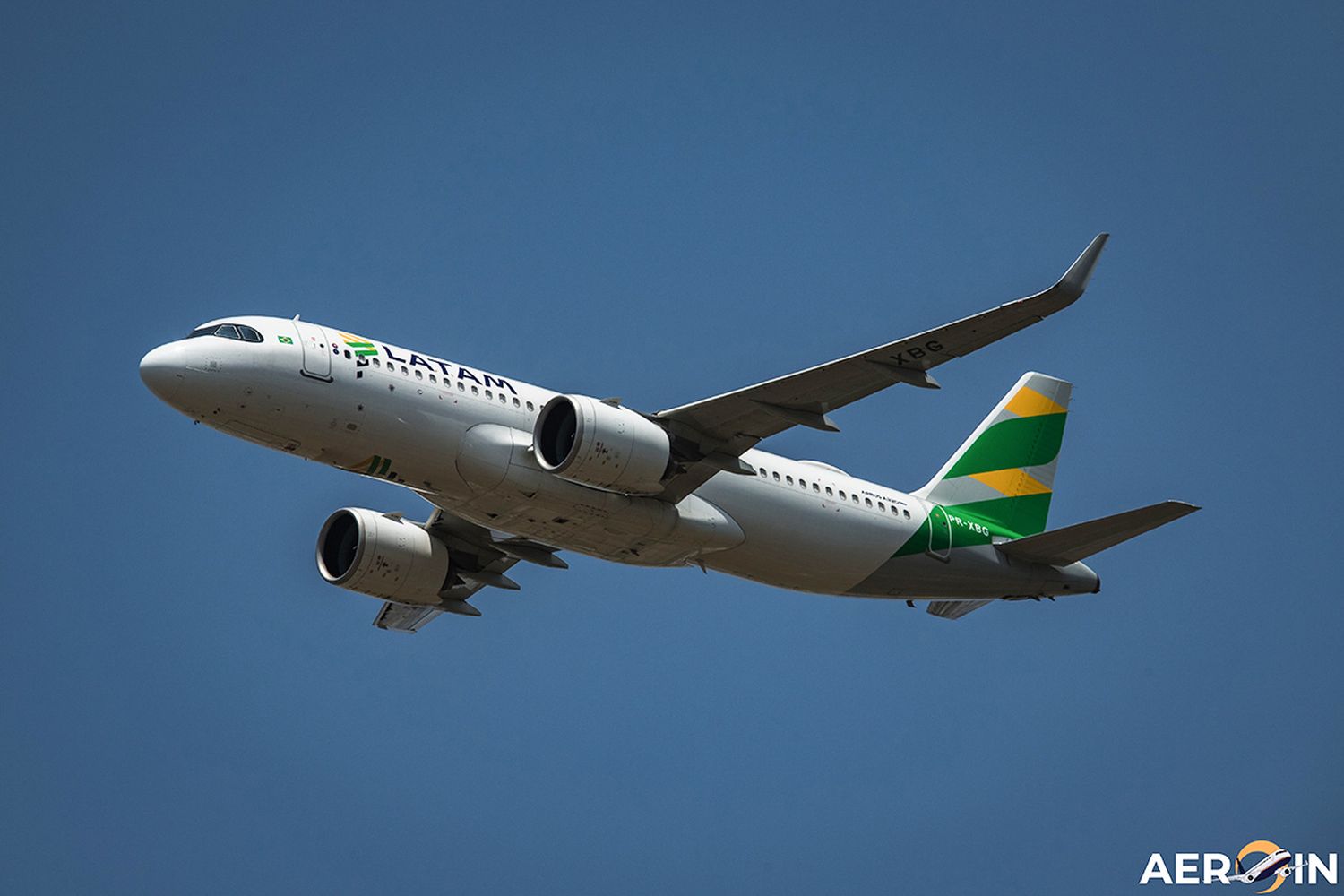LATAM CEO Warns Brazilian Tax Reform Could Push Airfares Up by 25%
Jerome Cadier says new tax system will significantly raise aviation costs and reduce competitiveness unless revised.
Jerome Cadier, CEO of LATAM Airlines Brazil, has issued a serious warning about the consequences of Brazil’s recently approved tax reform. According to the executive, the implementation of the new tax structure could lead to an approximate 25% increase in airfare prices across the country.
Cadier acknowledged that the reform represents a necessary step forward for the broader Brazilian economy, but he warned it introduces "massive sectoral distortions" that directly impact the aviation industry. Despite assurances given during legislative discussions, Cadier claims the reform will result in a "brutal tax increase" for the airline sector. He stressed that airlines will not absorb this cost: "They simply pass on the tax paid by passengers," he said, underlining that the financial burden will fall on consumers.
This viewpoint is echoed by the International Air Transport Association (IATA), which, according to Valor Econômico, perceives an increasingly "hostile environment" for aviation development in Brazil. The industry’s main concern lies in the newly introduced dual Value-Added Tax (VAT)—comprising the Contribution on Goods and Services (CBS) at the federal level and the Goods and Services Tax (IBS) for states and municipalities—which, unlike in many global markets, does not provide preferential treatment for air transport.
Why will flight prices rise in Brazil?
Brazil’s tax reform merges existing taxes into a dual VAT system (CBS and IBS). Airlines argue that the proposed standard rate of around 26.5% is significantly higher than the current tax burden and restricts crediting of many operational inputs. This cost increase will be passed on to consumers in the form of higher ticket prices.Is LATAM the only airline concerned?
No. Both IATA and the Brazilian Airlines Association (ABEAR) have issued similar warnings, predicting a drop in demand and a loss of competitiveness for the aviation sector.Has the government offered any solutions?
So far, the government continues to highlight the overall benefits of simplification, but it has not addressed the sector’s request to revisit the high tax burden on air travel.
ABEAR has echoed Cadier’s concerns, stating that the reform, in its current form, “goes against global trends,” where air transport is recognized as an essential service and receives favorable tax treatment to support economic growth and connectivity.
Cadier’s remarks come amid mounting pressure from another fiscal burden: the Tax on Financial Transactions (IOF), which affects international remittances. The combination of these taxes, he warned, threatens Brazil’s aviation competitiveness and public access to air travel.

If industry forecasts materialize and no adjustments are made to the law, the result could be a significant drop in demand, affecting not only airlines but also the entire tourism value chain that depends on air connectivity. Cadier’s message is unambiguous: without a course correction, “Brazil risks accelerating in reverse.”


Comentarios
Para comentar, debés estar registrado
Por favor, iniciá sesión